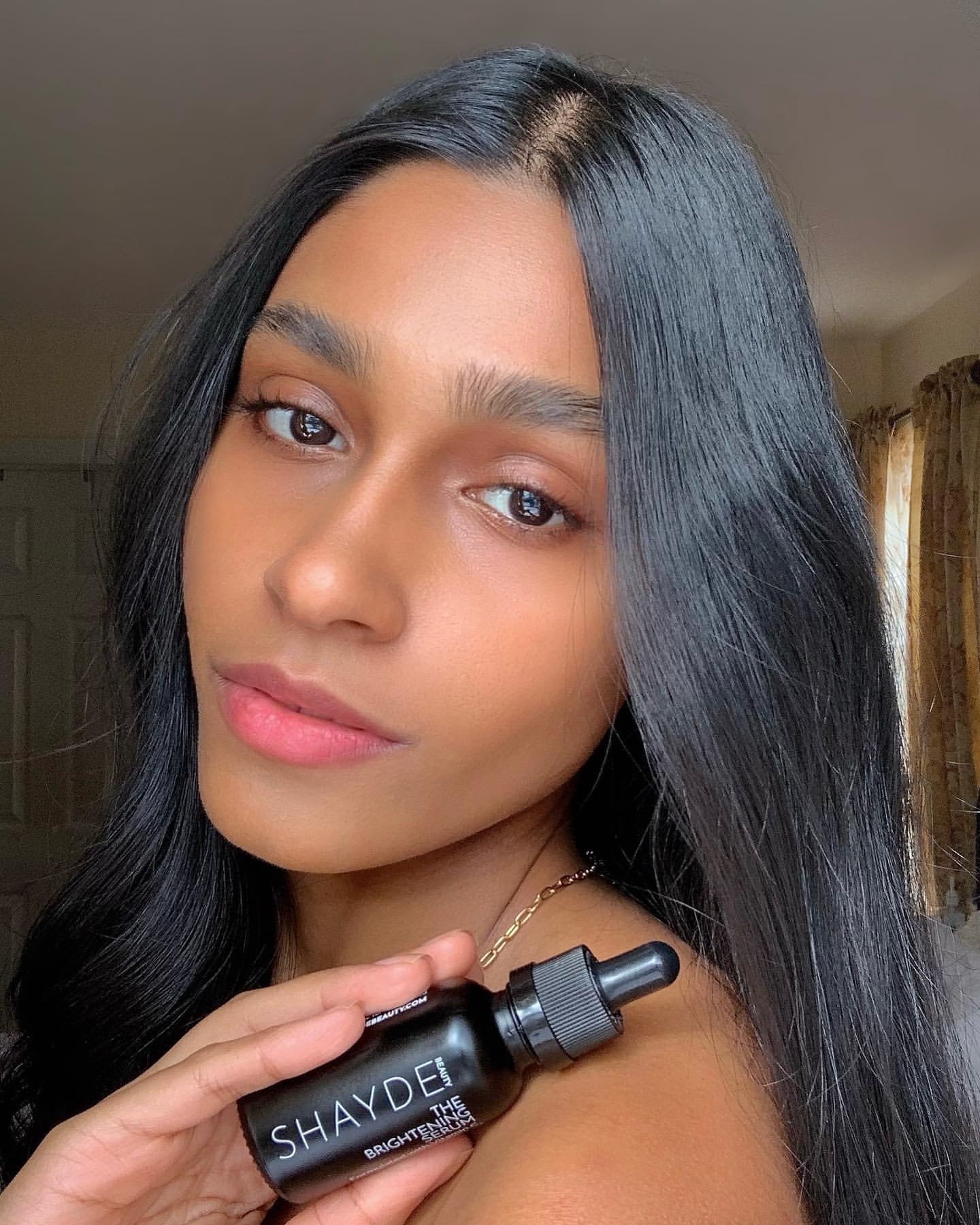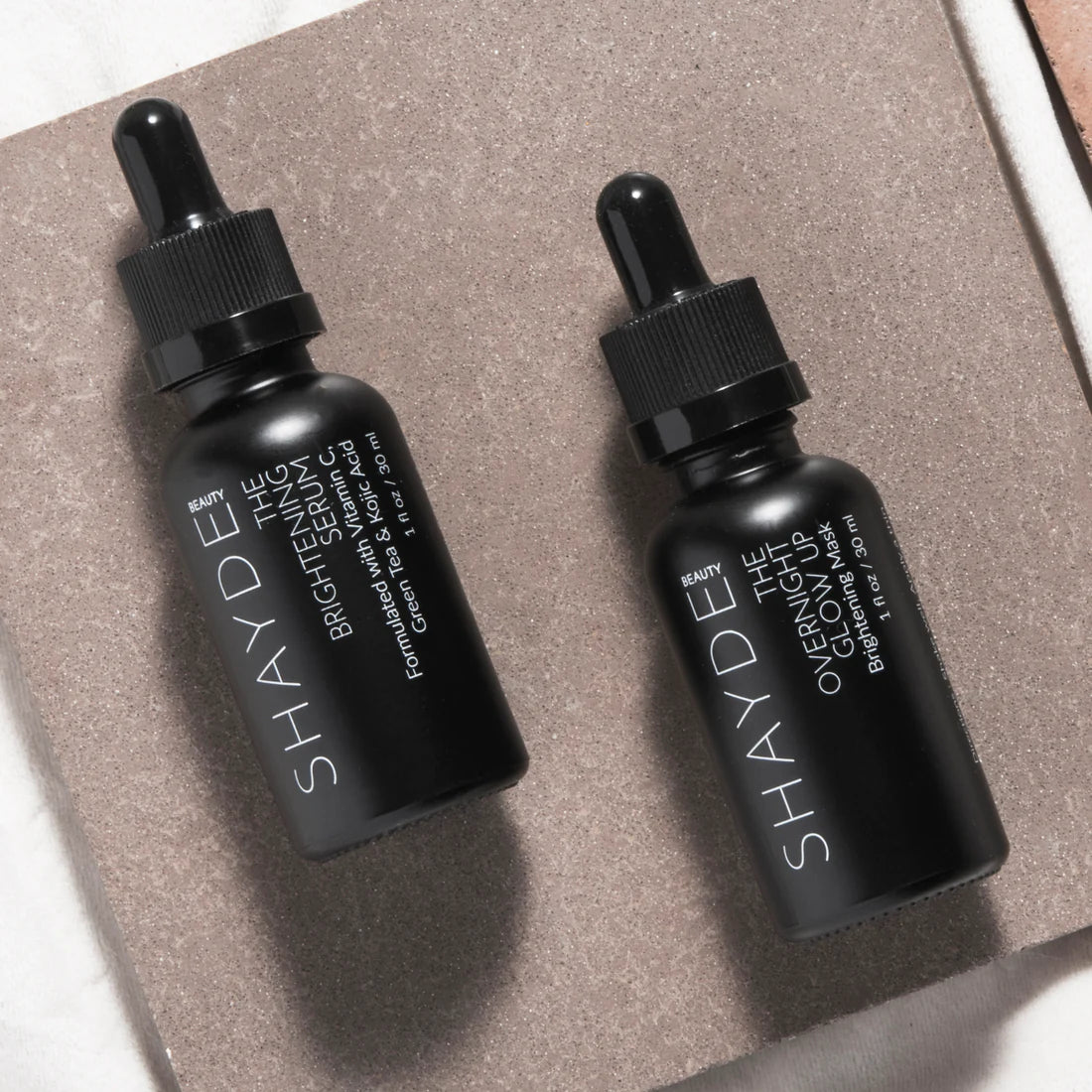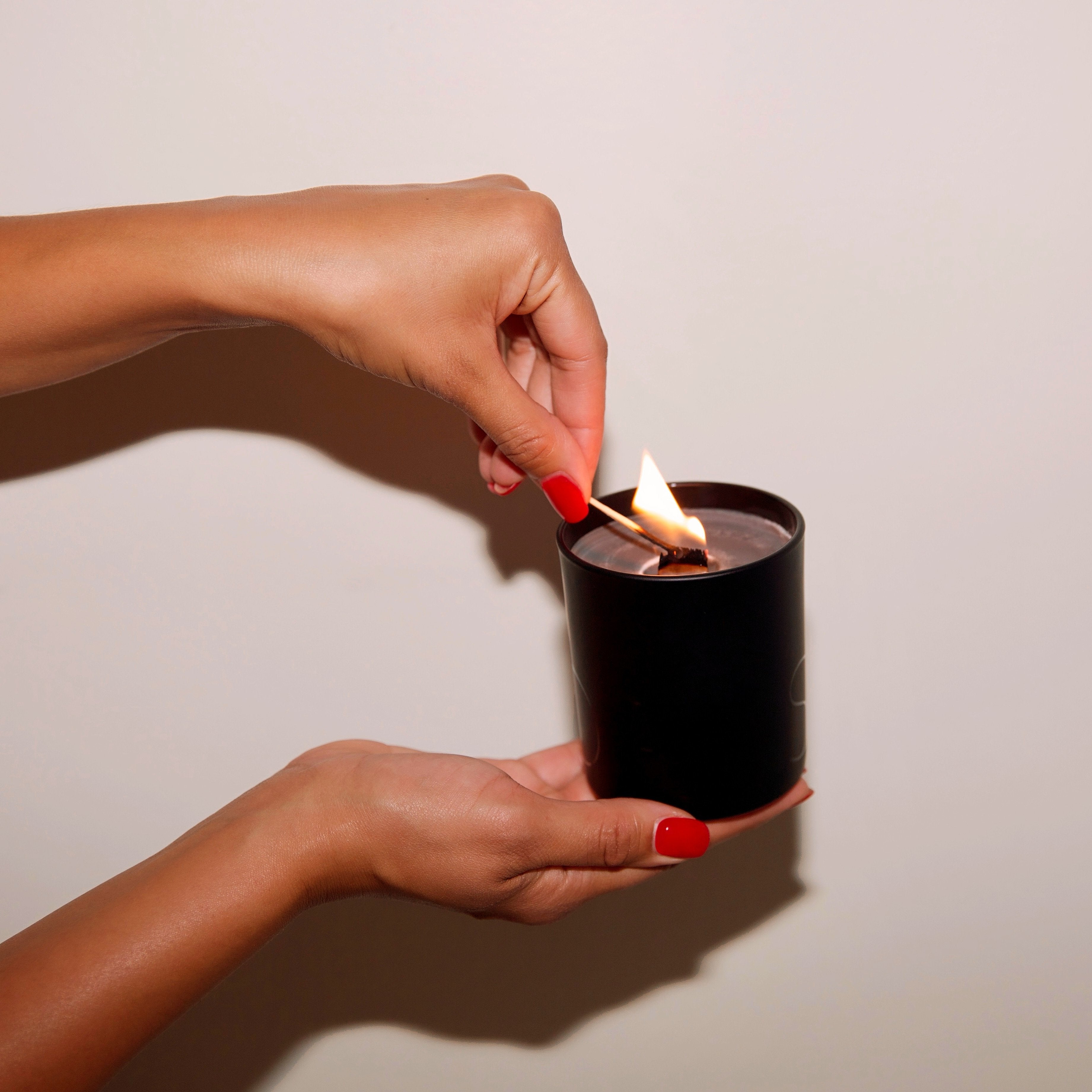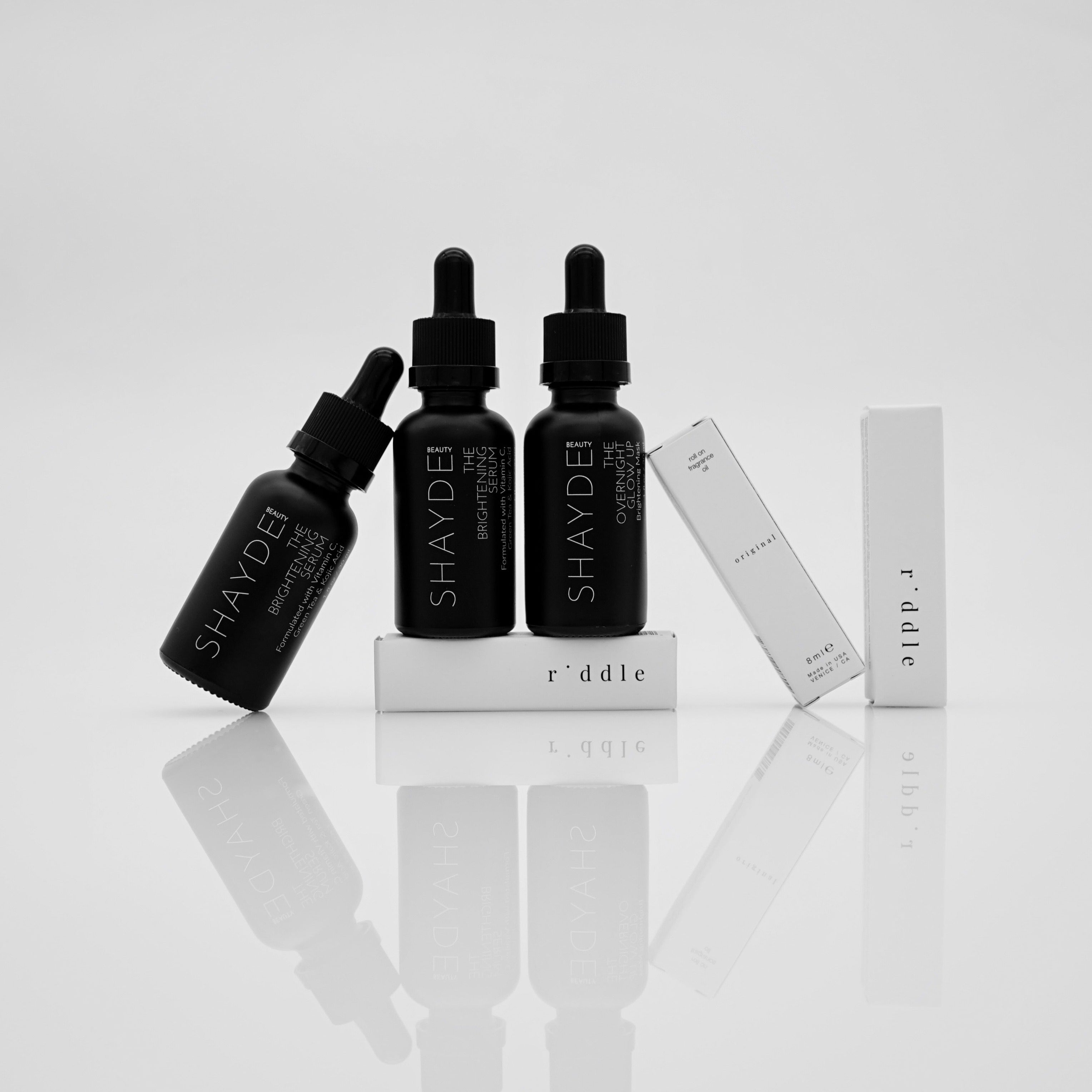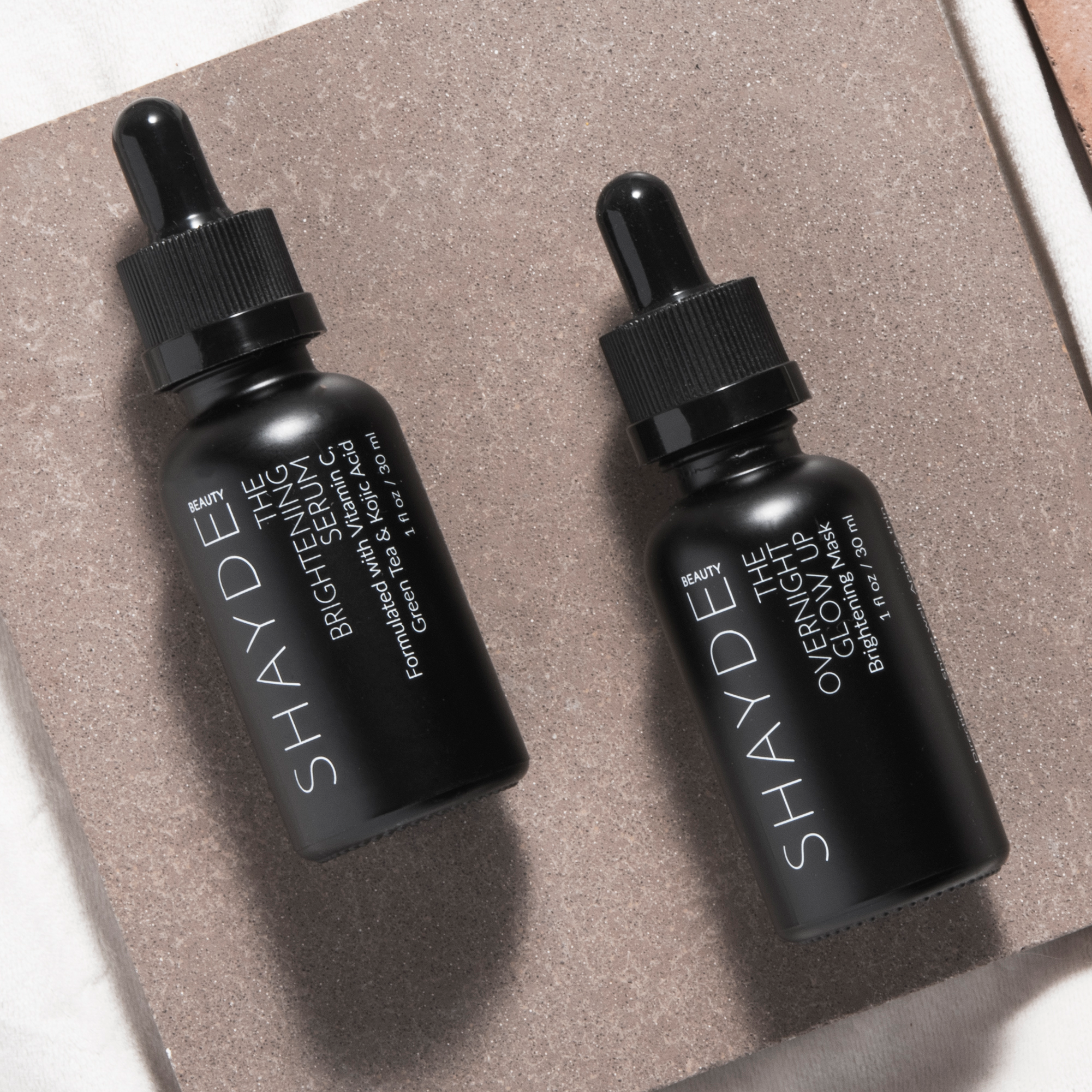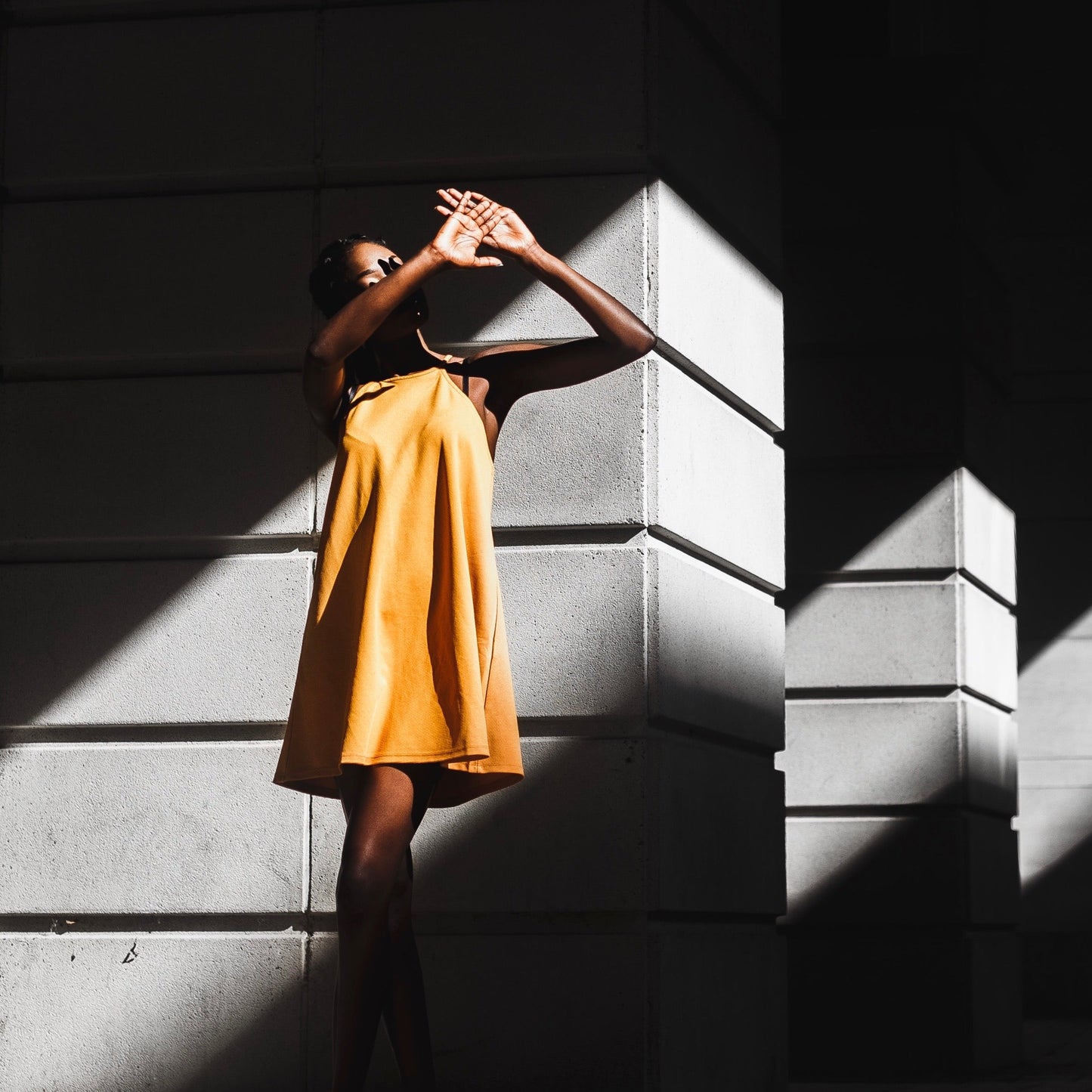
The summer heat is coming in strong and there is one essential product that everyone should have on at all-times ⎼ SPF sunscreen! Surprisingly, many overlook this beauty step in their everyday routines. Sunscreen can help prevent hyperpigmentation, premature aging, and reduce the chances of developing skin cancer. Here is a comprehensive guide that will not only make you more of a sun protection expert, but also assist in choosing the best sunscreen for you.
What are UV rays?
You may be familiar with the term “UV rays”, but did you know there are different types? There are two types of UV rays, UltraViolet A Ray (UVA) and UltraViolet B Ray UVB.
The difference lies in the wavelengths, UVA being the longer of the two. Due to its long wavelength, UVA rays can penetrate through almost anything, even the deep layers of the skin. This causes DNA in skin cells to be affected leading to premature wrinkling and increased chances of skin cancer. In contrast, UVB short wavelengths skim over the epidermis and can be credited for hyperpigmentation and the sunburn you receive by the pool. Since these UV rays do not harmonize, you should always look for a “broad-spectrum sunscreen” to ensure you are being protected by both.
How It Helps
To retain your youthful glow, understanding your sunscreen’s SPF is crucial. The term stands for “Sun Protection Factor” and indicates the percentage of protection that the sunscreen provides. A common misconception is that the use of an SPF 15 sunscreen will only get you half the sun protection of an SPF 30 sunscreen. The truth is SPF 30 will protect against 97% of UV light, which is negligible in comparison to the 93% SPF 15 offers.
Application
All sunscreens, regardless of its SPF level you should apply liberally every two hours if you expect to be exposed to direct sunlight. Specifically, the recommended amount applied is a quarter teaspoon for the face and a shot glass worth for the whole body. This should be even sooner (40 - 80minutes) if you know you will be swimming or sweating as water causes the product to wear off quicker. However, if you are in an area that has less exposure to sunlight, such as your home office, you can expect to reapply the sunscreen much less as direct sunlight cannot break it down.
Types of Sunscreen
There are also different types of sunscreen; chemical and physical.
Chemical Sunscreen: Acts like a sponge, absorbs, and changes the UV rays into heat to be released as infrared rays.
Pros: These sunscreens are lightweight and provide a seamless application with little to no white cast.
Cons: May irritate sensitive skin
Physical Sunscreen: Contains natural ingredients like zinc oxide and titanium dioxide that act as a barrier to deflect UV rays.
Pros: Works immediately apply application and great for sensitive skin.
Cons: Visible white cast
Melanin Friendly Sunscreens:
Though skin enriched with melanin does naturally block out some UV rays, it does not provide enough protection from skin concerns in the long run. We understand the struggle of a sunscreen that gives off a white cast, so we have compiled a list of some of our favorite melanin friendly sunscreens on the market:
- Ultra Sheer SPF 30 Moisturizing Sunscreen ($18.99)
- SPF 30 Brightening Moisturizer ($28.00)
- Drunk Elephant Umbra Tinte Physical Daily Defense ($36.00)
- Farmacy Green Screen Daily Environmental Protector ($48.75)
- La Roche-Posay Anthelios Mineral Ultra-Light Fluid Broad Spectrum ($33.50)
Written by Cameron Rosario
Skincare made with melanin in mind | SHAYDE BEAUTY

